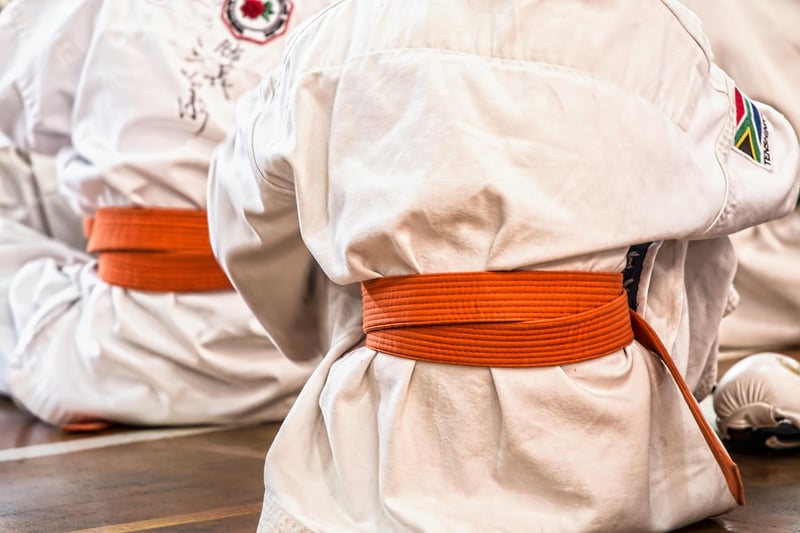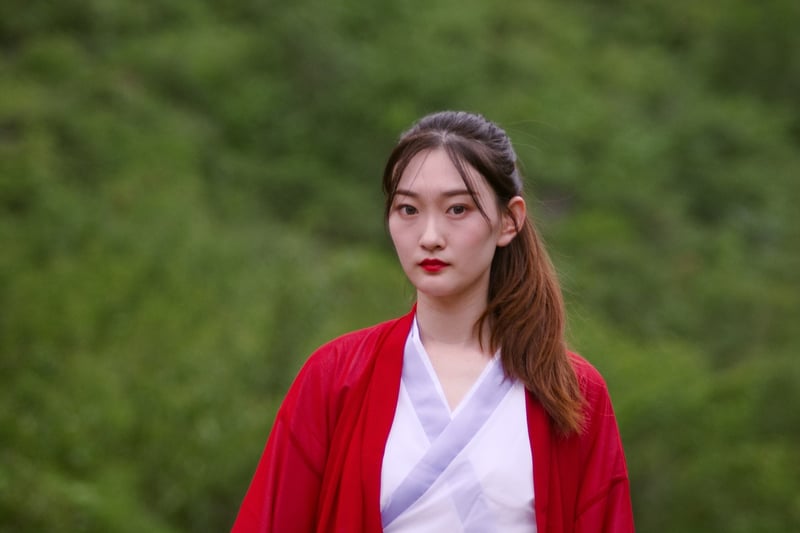Chen Style
Exploring the Art of Chen Style Chinese Martial Arts

Chinese martial arts, also known as Kung Fu, are a traditional form of combat practices that have been passed down for centuries. Among the various styles of Chinese martial arts, Chen Style is one of the oldest and most respected forms, known for its powerful and dynamic techniques.
Origin and History
Chen Style Chinese martial arts originated in Chen Village in Henan Province, China, and can be traced back to the 17th century. It was founded by Chen Wangting, a retired warrior, who combined his combat experience with traditional Chinese healing arts to create a unique martial arts system.
Characteristics of Chen Style
- Slow and fast movements
- Explosive power
- Silk-reeling energy movements
- Low stances
- Synchronization of internal and external energy
Training and Benefits
Training in Chen Style Chinese martial arts involves a combination of forms (sequences of movements), sparring, and conditioning exercises. Practitioners develop physical strength, flexibility, balance, and mental focus through consistent practice. The benefits of practicing Chen Style include improved overall health, increased self-confidence, and self-defense skills.
Popularization and Influence
Chen Style Chinese martial arts gained popularity worldwide due to its effectiveness and rich history. It has influenced various other martial arts styles, including Tai Chi, Wing Chun, and Shaolin Kung Fu. Many practitioners continue to study and promote Chen Style to preserve its traditions and teachings.
Conclusion
Chen Style Chinese martial arts represent a profound blend of physical prowess, mental discipline, and cultural heritage. Whether you are a beginner or an experienced martial artist, exploring the art of Chen Style can lead to a deeper understanding of Chinese martial arts and provide a path to personal growth and self-discovery.
Embark on your journey into the world of Chen Style Chinese martial arts and unlock the secrets of this ancient and revered martial arts tradition.

